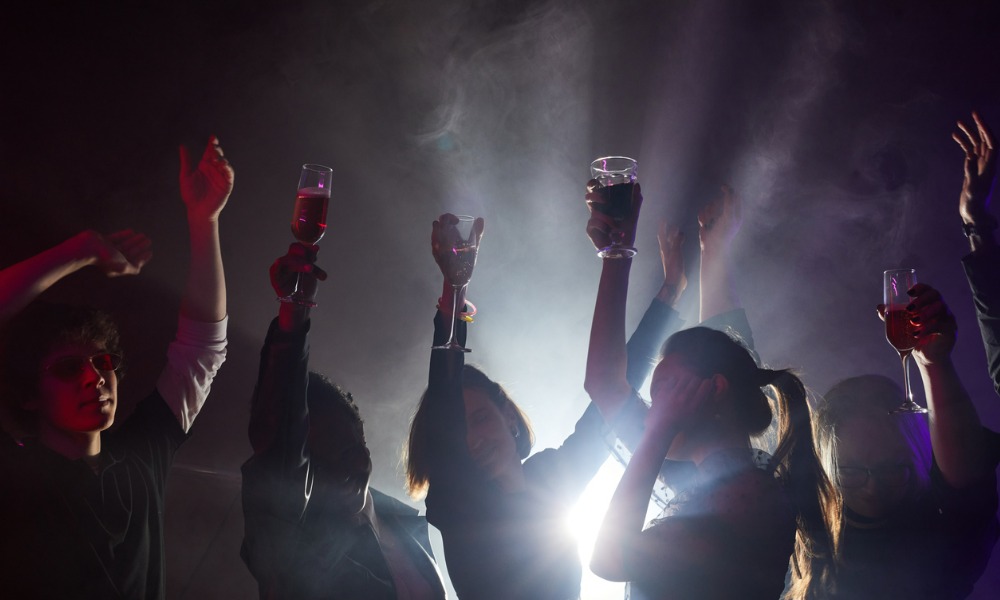
Workers could also allegedly perform simulated sex acts

The Department of Alcoholic Beverage Control accused a nightclub’s owner of permitting several employees to consume alcohol in unlicensed areas, to solicit the purchase of alcohol for their own consumption and to smoke or ingest cannabis on the premises.
Employees were also allowed to expose their genitalia, to perform simulated sex acts, and to furnish cocaine and drug paraphernalia to club patrons, the department claimed. These acts allegedly violated California’s Code of Regulations, Health and Safety Code and Business and Professions Code.
GC Brothers Entertainment LLC – the petitioner in the case of GC Brothers Entertainment, LLC v. Alcohol Beverage Control Appeals Board – owned a nightclub called The Palms. It held a license authorizing the sale of beer, wine, and distilled spirits for consumption on the premises.
In 2019, undercover personnel of the Department of Alcoholic Beverage Control saw several activities taking place in the club that they considered illicit.
In September 2020, the department brought against the petitioner an accusation claiming that it exceeded its license privileges by knowingly permitting the illegal sale, possession, and consumption of alcohol and controlled substances on its premises. The department delivered the accusation via mail to the club’s address by Sept. 14, 2020.
In November 2020, the department issued a decision on default immediately revoking the club’s license. The department found that the petitioner made no timely response after being properly served with the accusation, that the allegations were true, and that maintaining the license would contradict public welfare and morals. This decision arrived via mail at the club’s address by Nov. 28, 2020.
On Dec. 2, 2020, the petitioner filed a motion seeking to vacate the default. It argued that it never received the September accusation. Initially, no evidence supported the motion. Later that month, the petitioner filed a declaration by its president, which argued that the department should have sent the accusation to the president or his attorney and should not have sent it to the club’s address since the department’s staff knew that the club had been closed since March 2020 due to the COVID-19 pandemic.
In response, the department filed a supervising agent’s declaration stating that he phoned the petitioner using two numbers. There was no answer for the first number, and the mailbox was full for the second number.
In June 2021, the department denied the petitioner’s motion to vacate. In October 2021, the Alcoholic Beverage Control Appeals Board affirmed the department’s decision. Thus, the petitioner took the case to the appellate court.
The California Court of Appeal for the Second District directed the department to vacate its decision and ordered the administrative law judge to determine whether the petitioner could show good cause entitling it to relief from default.
First, the appellate court ruled that service of the accusation by certified mail to the address that the petitioner registered with the department satisfied due process, even if the accusation was never received. This service supported the department’s decision to find the petitioner in default and to revoke its license, the appellate court added.
The petitioner offered no evidence disproving that the accusation was mailed to the club’s address and even admitted that there was no need to update the address since its president regularly checked the mail of the club while it was closed, the appellate court noted.
Second, the Court of Appeal held that the administrative law judge abused his discretion by denying a hearing. He failed to appreciate the scope of his discretion and applied an improper standard, the appellate court said.
Given the licensing scheme and given the strong state policy in favor of resolving cases on their merits, the administrative law judge had the discretion to issue an order to show cause upon receiving a motion for relief from default even if the motion was deficient, the appellate court concluded.